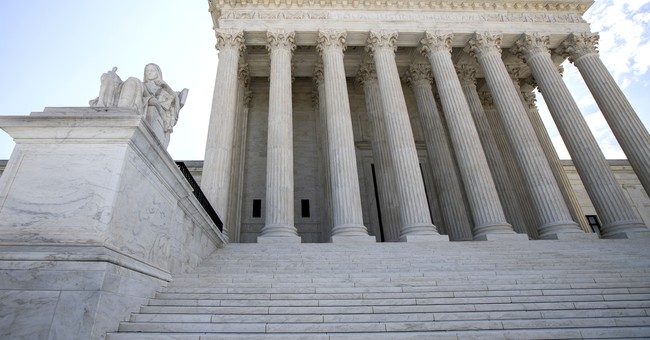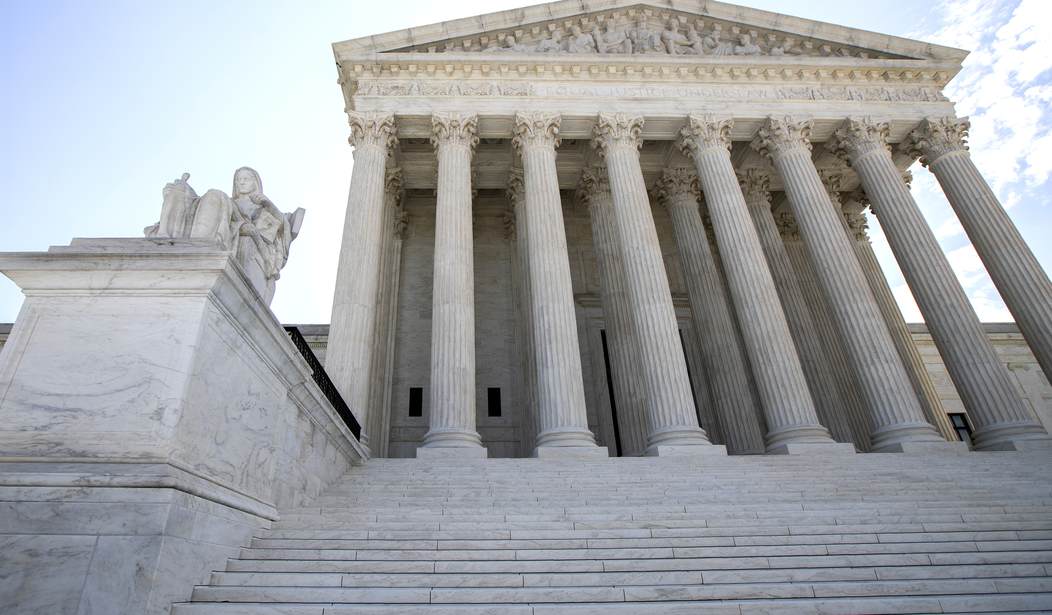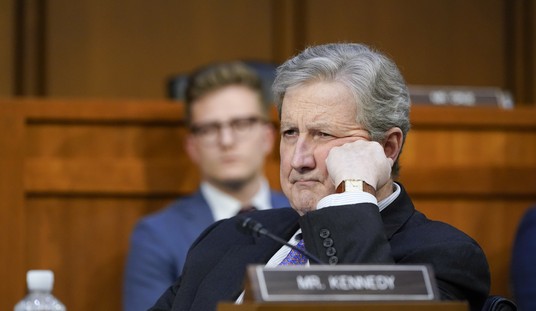
There has been a bit of back-and-forth on a case in Ohio the last few days, but nothing concrete until now. A federal judge in Ohio has ordered that absentee ballots may be delivered by voters to County election officials, and that Cuyahoga County may set up “drop box” locations around the County for such ballots to be received — in contravention of an order by the Ohio Secretary of State.
The issue is the location to where a voter may personally deliver an absentee ballot as an alternative to mailing it because some voters have apparently lost confidence in the Postal Service to get their ballot to where it needs to be in a timely manner.
Really? That’s a basis now for rewriting election laws.
The Cuyahoga County Board of Elections developed a plan to establish “drop boxes” at locations around the County — Cleveland is located in Cuyahoga County. The Ohio Secretary of State, a Republican, issued a directive stating that “off-site” and unattended drop-boxes were not allowed under Ohio law, and the County’s plan was not approved for collection of ballots. This led to the initial lawsuit brought by Democrat party interests.
Cuyahoga County historically votes for Democrat candidates in overwhelming numbers. It’s another one of those key locations where the Democrat party knows it must run up very large margins with very high vote totals in order for a candidate to have a chance of winning a state-wide race.
The federal lawsuit claimed that the requirement under the Secretary of State’s ruling meant that the only location where absentee ballots could be dropped off by voters was the County Election Board’s Office in downtown Cleveland. Because of the travel difficulties that some would encounter in getting to the Election Board’s Office, the plaintiffs claimed their right to vote was infringed upon by the Secretary of State’s order banning off-site drop boxes in locations around the County.
While the matter was pending in federal court, a State Appeals Court ruled in a separate case that there was no requirement in Ohio state law restricting the location where absentee ballots could be delivered to the County Board’s Office. The Ohio Secretary of State responded to that decision by acknowledging that County Boards could establish off-site collection locations, but only if they were staffed by County Election workers, and subject to specific procedures to ensure safety and security. Based on that understanding, the federal district judge dismissed the lawsuit that had been brought on the basis that the issue of the use of off-site collection locations was decided.
But the Ohio Secretary of State then clarified his earlier decision and stated that while off-site locations staffed by County Election workers would be allowed, the locations would still need to be in close proximity to the County Board’s offices.
The Secretary previously approved the portion of the Cuyahoga County Board’s Plan to accept absentee ballot delivery from voters using staffed, bipartisan teams outside the Cuyahoga County Board’s office, but that Directive 2020-22 did not authorize board staff to receive ballots at six public libraries, nor did it authorize any other board in Ohio to deploy its staff to receive ballots off-site.
In response to this clarification, the federal judge rescinded his earlier dismissal of the case and granted the injunction sought by the plaintiffs authorizing Cayuhoga County to use off-site ballot collection locations a substantial distance from the County Election Board Offices. Today’s order reads:
The right to vote guaranteed by the First and Fourteenth Amendments is without question one of the most important rights guaranteed by our Constitution. The COVID-19 pandemic, coupled with the anxiety over whether the U.S. Postal Service will be able to handle the unprecedented number of ballots being returned by mail, is posing unprecedented challenges to voters and boards of election. Under these unprecedented circumstances, Plaintiffs have made a substantial showing that Secretary LaRose’s prohibitions on off-site drop boxes and ballot delivery are unconstitutional, and Plaintiffs have demonstrated all the other conditions necessary to warrant the Court issuing a preliminary injunction.
It is worth noting that the judge who issued this order, District Judge Dan Polster, was not appointed by Pres. Obama.
He was appointed by Pres. Clinton.
The language in Judge Polster’s order is interesting in that it runs 180 degrees from the language of the Seventh Circuit decision earlier today invalidating a federal district judge’s rewrite of Wisconsin election law.
The district judge also assumed that the design of adjustments during a pandemic is a judicial task. This is doubtful, as Justice Kavanaugh observed in connection with the Supreme Court’s recent stay of another injunction issued close to the upcoming election… The Supreme Court has held that the design of electoral procedures is a legislative task… Deciding how best to cope with difficulties caused by disease is principally a task for the elected branches of government.
I doubt Judge Polster had read the Seventh Circuit opinion when he entered his own order.
But I’m guessing the Judges of the Sixth Circuit Court of Appeal, which covers Ohio, will be quite familiar with it when this matter reaches them in a few days.















Join the conversation as a VIP Member